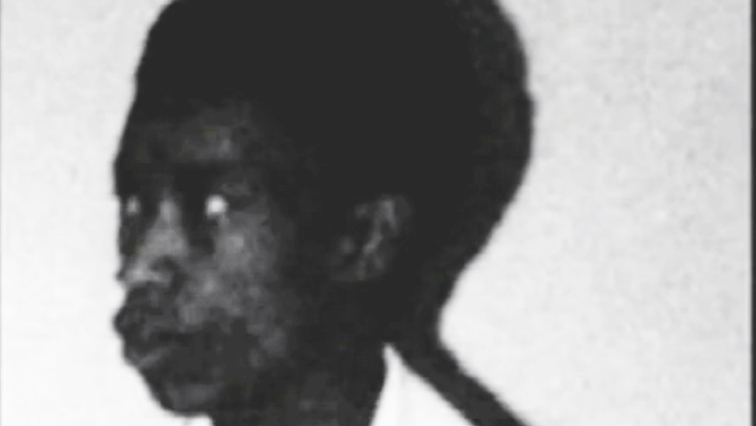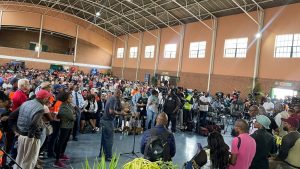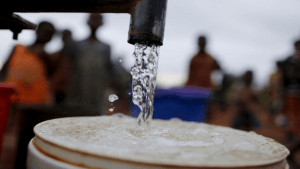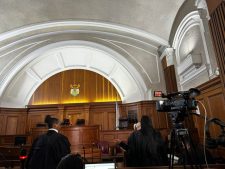The family of anti-apartheid activist Ernest Moabi Dipale says they never believed that he killed himself, this came out as an inquest into his murder got under way on Tuesday.
Dipale allegedly committed suicide at the then John Vorster Square Police Station in Johannesburg on August 8, 1982, six months after trade unionist, Neil Aggett, died in similar circumstances.
The security branch of the police claimed that both men committed suicide, but their families believe they were murdered.
However, Ernest’s aunt Masego Dipale who testified at the inquest into his death in detention, which was conducted virtually, says the family never believed he took his own life.
Dipale was arrested on the morning of August 5, 1982, and three days later he was reported dead. A day before his arrest Dipale had been chased by a car and shots were fired towards the car he was driving.
The National Prosecuting Authority (NPA) says it has information indicating that apartheid government informer, Joe Mamasela, and another police officer were behind that shooting incident.
Mamasela, was a family friend to the Dipales, and they did not know he was a police officer.
During her testimony, Dipale’s aunt says two officers arrived at their Dube home in Soweto, in the early hours of the August 8, 1982 to report that Enerst had committed suicide at John Vorster Square.
She says, “The day they came to report that Moabi had killed himself, there was a Joe there, I don’t know if he was a Mamasela or another Joe. My sister-in-law was talking and looking at this black policeman and said Joe, is it you? He just dropped his head and said nothing. She continued to say Moabi has not killed himself, we never believed that he killed himself.”
Dipale’s sister , Shiller Matumba became emotional as she remembered being woken up by the sounds of two police officers talking to her aunt and mother.
Matumba says, “I don’t know what they said to them, but afterwards my mother came to us, and she said the boers have killed my child.”
Inquest into death of anti-apartheid activist Ernest Dipale starts:
NPA to do its best to uncover the truth
Dipale’s aunt says some police officers later told them that he did not commit suicide and they should pursue an inquest, but his father was not keen, saying it was not going to bring him back.
She says she was devastated by Dipale’s death.
“I normally don’t cry when a person has died, but with him I was crying almost every day. Moabi had no reason like I said to kill himself. So it was difficult, my brother would not talk a lot about him, he would say he is not going to come back if we do that. So he became too quiet,” says Masego.
Investigations into Dipale’s death, since 2019, have been hampered by missing documents, including information from the 1983 inquest which had found that the security branch police were not criminally liable for it.
However, the NPA’s David Mothibe says they will do their best to uncover the truth.
Mothibe says, ‘The record itself of the first inquest is incomplete, the three witnesses that I mentioned that testified in the first inquest, we do not have a record of that, the testimonies of those three witnesses. There are other things in this file that are missing, that are incomplete…”
“For example, the person who took the photos of the cell, where Ernest Moabi Dipale was found dead , did not make any statement, but we have the photos. The person who took the photos during the pointing out which we see in the record that has been placed before your lordship didn’t make any statement. Those photos also are incomplete,” added Mothibe.
The hearing continues.






